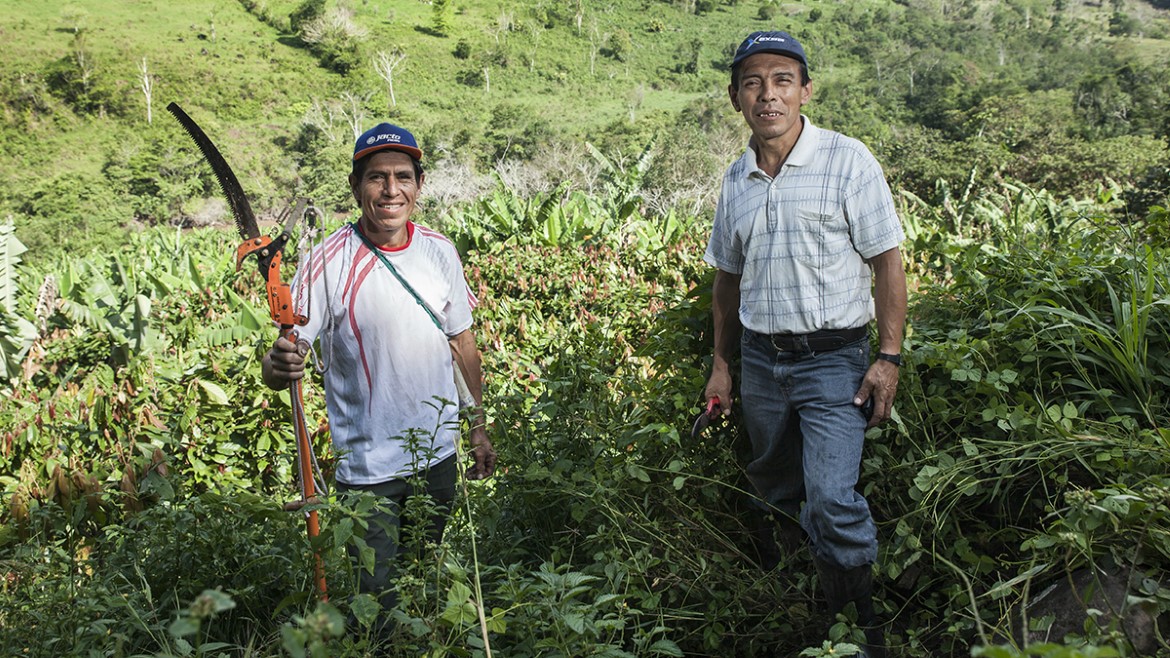
Reducing deforestation by working with policymakers
Organization
Conservation International (CI)
Conservation International will engage with the mining sector in Guyana and the coffee and cacao sectors in Peru. The aim is to adopt improved practices to reduce deforestation, and work with policymakers to ensure that policies promote green growth.
Why: Deforestation risks are high from mining, coffee and cacao
Guyana and Peru are high-forest, low deforestation countries, but are at risk to greater deforestation.
In Guyana, mining is both a massive source of economic growth for the country and the largest driver of deforestation and forest degradation.
In Peru, coffee and cacao are among the main drivers of deforestation in the San Martin region.
Budget
Norad intends to offer NOK 50 million in total for the period 2016-2020.
What: Working directly with private sector, civil society and the government
In Guyana, the project will help to ensure greater alignment between the Low Carbon Development Strategy and the mining industry. This will happen through enhanced awareness and capacity, improved mining policies, services and practices, and greater multi-stakeholder consensus and evidence-based solutions to integrate natural resource management.
In Peru, the project will work with the government to ensure that the San Martin Development Plan is integrated into national initiatives and strategies. The project will at the same time work with the private sector and civil society stakeholders in San Martin to develop and implement deforestation-free commodity supply chains to be incorporated into the national initiatives.
Expected results
By 2020, deforestation rates will be reduced in San Martin, Peru by 10 percent below 2013 levels.
The net annual forest loss from mining will be reduced by 25 percent below 2013 levels in Guyana.
- Outcome 1: Green growth principles are incorporated into national policies in Guyana.
- Outcome 2: Organizations representing miners and indigenous peoples are provided the means to practice low-impact mining and alternative livelihoods in Guyana.
- Outcome 3: Civil society and indigenous peoples are provided with the training and incentives necessary to fully participate in policy development.
- Outcome 4: The government of San Martin implements green policies.
- Outcome 5: Experiences and lessons learned from this project will be shared with an international audience.
Partners
Guyana:
Guyana Gold and Diamond Miners Association, small-scale miners and the National Toshaos’ Council.
Peru:
Regional Awajun Indigenous Federation of the Alto Mayo. In both countries: underserved communities such as forest based (especially indigenous) peoples and women, women entrepreneurs, and producers of various forest products.
About the project descriptions
The project descriptions give insight in the NICFI portfolio for civil society organisations supported by Norad.
The descriptions presented are written by the project partners. Only minor edits have been undertaken by Norad. Their presentations and conclusions do not necessarily reflect the views of Norad.
